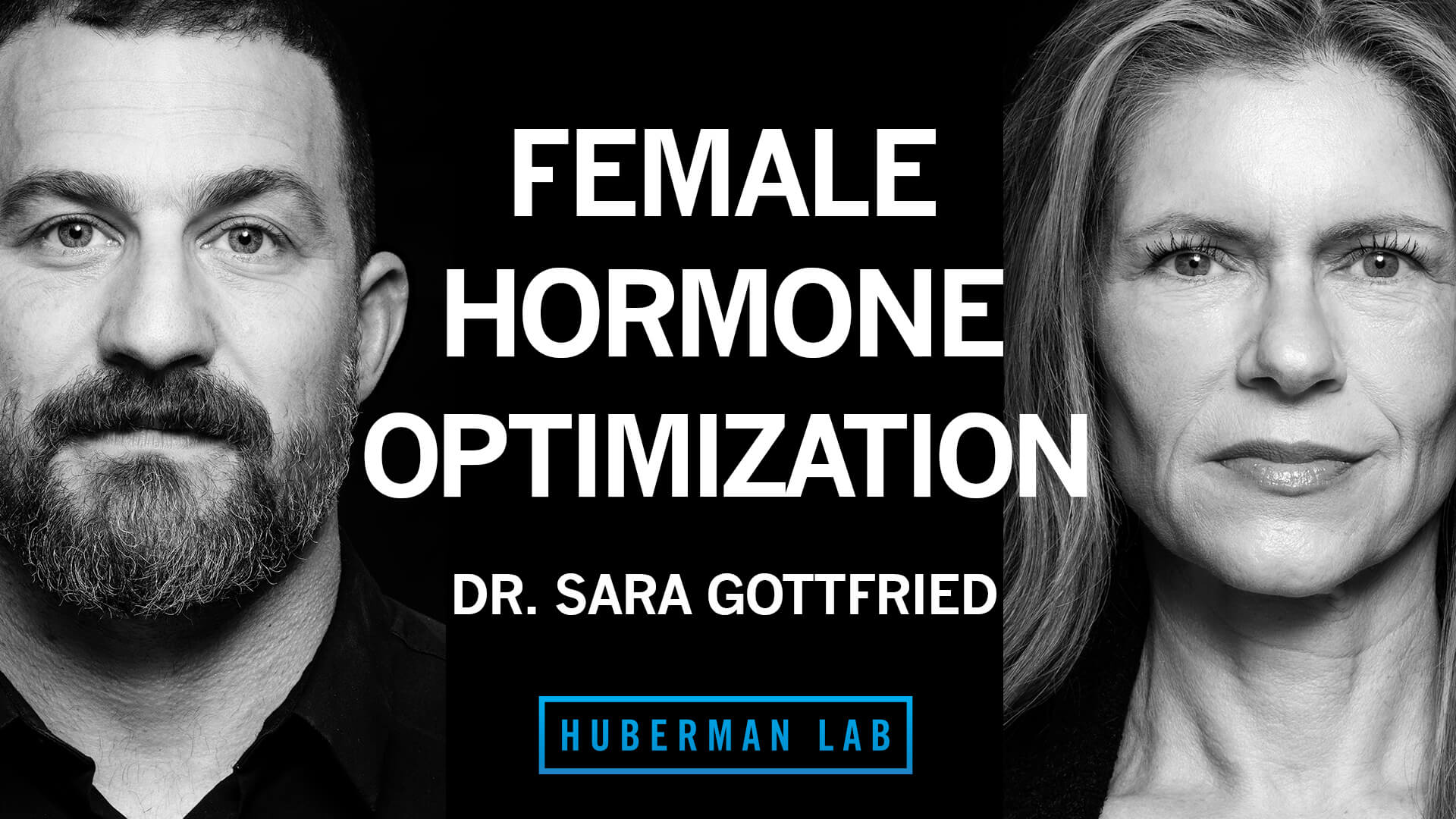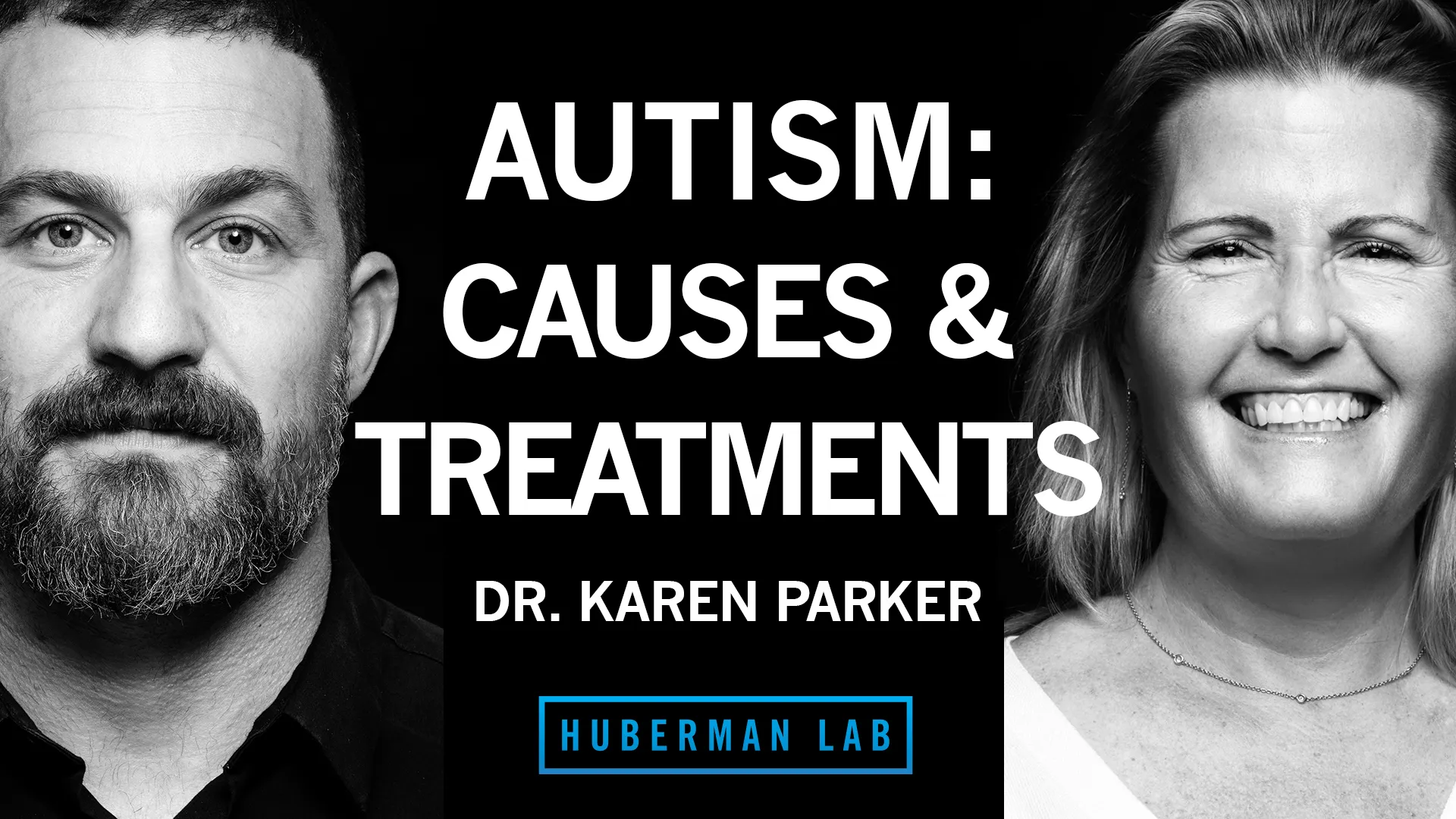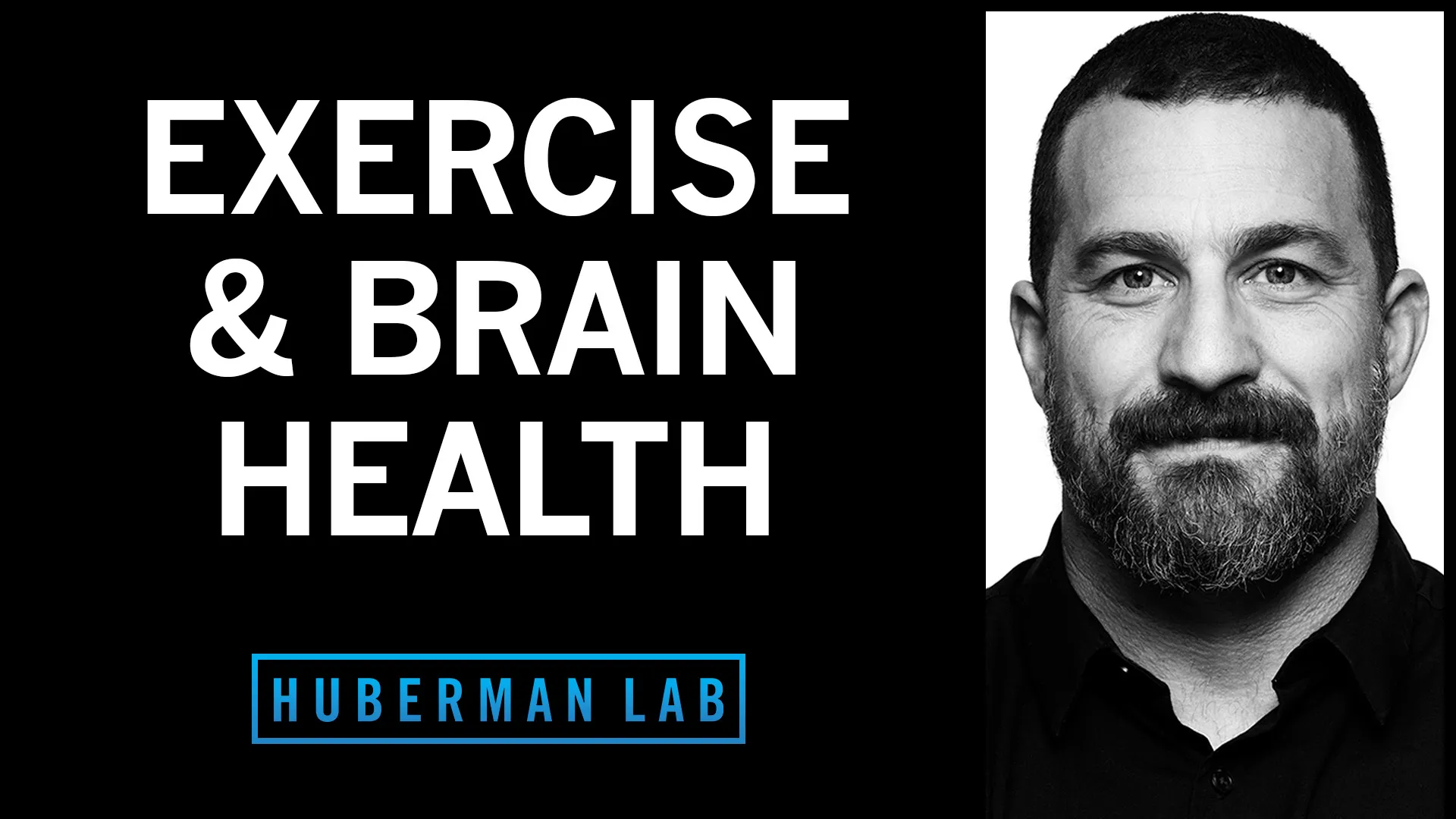
Hormone Health
Hormones are chemical substances released from endocrine glands (including the thyroid and adrenal glands), sex organs (ovaries and testes) and specific areas of the brain like the hypothalamus and pituitary gland. Hormones act as chemical messengers, traveling throughout the endocrine system and into bodily tissues to coordinate a range of biological functions including metabolism, circadian rhythm, physical and cognitive performance and sexual health.
Hormone signaling can have rapid or long-term effects: adrenaline (epinephrine) can cause a rapid increase in heart rate and blood pressure, whereas the hormone leptin influences hunger and satiety signals to the brain based on longer-term levels of body fat. Brain function and behavior are also shaped by hormones: for example, increases in testosterone can enhance dopamine activity, impacting mood and motivation levels. Imbalances in thyroid hormones can impact cellular metabolism and contribute to unexpected weight loss or weight gain.
The most important protocols and behaviors you can implement to support hormone health include a balanced diet, exercise — especially resistance training — stress optimization and good sleep hygiene. Maintaining healthy hormone levels over one’s lifespan aligns with general best practices for overall health and longevity.

- Overview
- Watch Now
Learn about Hormone Health
- Guest Experts
- Resources
- FAQs
- Related Topics
Table of Contents
- Overview
- Watch Now
Learn about Hormone Health
- Guest Experts
- Resources
- FAQs
- Related Topics
Watch Now

Dr. Craig Koniver: Peptide & Hormone Therapies for Health, Performance & Longevity
In this Huberman Lab episode, learn about peptides' potential in improving health and performance. Learn effective dosages, safety tips, and expert insights.
Learn about Hormone Health
Male Hormone Health and Hormone Replacement Therapy
Male hormone health primarily revolves around testosterone (a well-known androgen hormone) and its derivative, dihydrotestosterone (DHT). Androgens are responsible for many male physical characteristics, and play critical roles in regulating blood sugar, supporting muscle growth, hair growth, metabolism, circadian rhythm and cognitive function.
Hormonal imbalances in men can manifest in several ways: testosterone and growth hormone levels naturally decline with age for most men, but a significant imbalance can lead to health issues such as reduced muscle mass, increased body fat, mood changes and decreased libido.
Testosterone replacement therapy (TRT) is typically indicated for males over 40 with clinically low testosterone levels (below 300 nanograms per deciliter) — however, there is a growing trend in which young men with normal hormone levels are taking high levels of exogenous testosterone (and/or growth hormone) to exceed normal ranges. This comes with numerous serious risks for secondary health problems including infertility, metabolic dysfunction and increased cancer risk.
For anyone suspecting hormonal issues, consulting an endocrinologist or other health care professional is recommended.
Blood Test Frequency
From Episode
Dr. Kyle Gillett: How to Optimize Your Hormones for Health & Vitality
Exogenous Testosterone Therapy & Cancer
From Episode
Dr. Michael Eisenberg: Improving Male Sexual Health, Function & Fertility
Androgens, Hair Growth & Pattern Hair Loss; Scalp vs. Beard Hair
From Episode
The Science of Healthy Hair, Hair Loss and How to Regrow Hair
Explore:
Female Hormone Health
Female hormone health is largely shaped by the menstrual cycle during fertile years and menopause after the menstrual cycle has ended. There are significant hormonal fluctuations across the menstrual cycle, involving sex hormones like estrogen, progesterone, follicle-stimulating hormone (FSH) and luteinizing hormone (LH). These changes impact mood, energy levels, exercise performance and even the efficacy of supplements at different cycle phases.
Although testosterone is often overshadowed by estrogen and progesterone in discussions about women’s health, testosterone significantly impacts muscle mass, bone density and mood — especially in older women — and is a significant factor in women’s sexual function, impacting sex drive and arousal.
Women’s hormone levels fluctuate more frequently and intensely than men’s — both over the short-term, with weekly changes due to the menstrual cycle, and the long-term, with the natural decline with age during perimenopause and menopause. Hormonal balance is not about negating or flattening these naturally occurring fluctuations, but about implementing protocols that work with these natural processes through diet, exercise and sleep, while mitigating negative or unpleasant symptoms.
Menstrual Cycle & Training, Tool: Tracking & Individual Variability
From Episode
Dr. Stacy Sims: Female-Specific Exercise & Nutrition for Health, Performance & Longevity
Testosterone in Women
From Episode
Dr. Kyle Gillett: How to Optimize Your Hormones for Health & Vitality
Women’s Health: Misconceptions & Research
From Episode
Dr. Mary Claire Haver: How to Navigate Menopause & Perimenopause for Maximum Health & Vitality
Explore:
Menopause, Perimenopause and Hormone Replacement Therapy
The phases of menopause and perimenopause signify significant hormonal shifts when the levels of estradiol and progesterone produced by the ovaries decrease significantly. Menopause is defined as the point at which a woman has gone one year without a menstrual period, signaling the end of ovarian function, and it typically occurs in one’s early 50s. Perimenopause is the transitional phase leading up to menopause and can last up to ten years. During perimenopause, women may experience symptoms such as changes in the menstrual cycle, hot flashes, sleep disturbances and increased anxiety due to estrogen fluctuations.
Hormone replacement therapy (HRT) for women involves supplementing estrogen — and often progesterone — to manage unwanted menopause symptoms effectively. There are risks associated with female HRT, including increased breast cancer risk, and increased risk of cardiovascular disease and stroke if starting HRT too long after entering menopause. If considering HRT, work with your healthcare provider to evaluate risks, timing and types of hormone therapies available.
Menopause: Genetics, Symptoms; Tools: Waist-to-Hip Ratio; Gut Microbiome
From Episode
Dr. Mary Claire Haver: How to Navigate Menopause & Perimenopause for Maximum Health & Vitality
Testosterone, Post-Menopausal Women & Libido
From Episode
Dr. Rena Malik: Improving Sexual & Urological Health in Males and Females
Perimenopause, Cerebral Hypometabolism, Metabolism & Estrogen
From Episode
Dr. Sara Gottfried: How to Optimize Female Hormone Health for Vitality & Longevity
Explore:
Protocols for Hormone Health
Dr. Kyle Gillett, M.D., a dual board-certified physician in family medicine and obesity medicine, outlines the “Six Pillars of Hormone Health Optimization,” which include diet, exercise, stress optimization, sleep, sunlight and spirit. A hormone-supporting diet includes anti-inflammatory foods like fruits and vegetables, fermented and high-fiber foods to improve gut health, and minimally processed foods, which can also impact gut health. Resistance training boosts testosterone and growth hormone levels, and moderate-to-high-intensity morning workouts can support healthy cortisol levels and strengthen your body’s circadian rhythm.
Stress management protocols including non-sleep deep rest (NSDR), meditation, breathwork and outdoor activities can help regulate stress hormones like adrenaline and cortisol. Maintaining a consistent sleep schedule with sufficient quantity and quality of sleep, and spending time outdoors and in natural sunlight will support the body's internal clock and has been shown to improve mental health and overall quality of life.
Lastly, Dr. Gillett emphasizes the importance of spiritual health: a foundational belief system that integrates mind, body and spirit into an overall sense of well-being and acts as a source of resilience and motivation.
Tool: Growth Hormone Release & Sleep
From Episode
Dr. Gina Poe: Use Sleep to Enhance Learning, Memory & Emotional State
How to Support and Improve Hormone Health: Tongkat Ali, Shilajit, Zinc
From Episode
How to Optimize Fertility in Males & Females
Nutrition & Behavior for Hormone Health
From Episode
Developing a Rational Approach to Supplementation for Health & Performance
Explore:
Thyroid Health
The thyroid gland is a critical part of the endocrine system, regulating the body’s overall metabolic rate and energy levels through the production of thyroid hormones: T3 (triiodothyronine) and T4 (thyroxine). T3 and T4 primarily regulate metabolism by influencing how the body converts carbohydrates and lipids and uses them as energy sources to build and repair tissues.
Imbalances in thyroid hormone levels can manifest as hyperthyroidism or hypothyroidism.
Hyperthyroid symptoms include excessive weight loss, anxiety and bulging eyes, while hypothyroid symptoms could include weight gain, thinning hair and lethargy.
Iodine is crucial for thyroid hormone production, with dietary sources including iodized salt, kelp and other kinds of seaweed. Adequate levels of selenium and L-tyrosine are also necessary for optimal thyroid function. Restrictive diets (such as all-plant or all-meat diets) may not provide enough dietary sources of these compounds, so using supplements should be considered.
Timing Thyroid Release For Energy
From Episode
Using Cortisol & Adrenaline to Boost Our Energy & Immune System
Hormones & Depression: Thyroid & Cortisol
From Episode
Understanding & Conquering Depression
Iodine, L-Tyrosine & Selenium: The Trio Essential For Thyroid Function
From Episode
How to Control Your Metabolism by Thyroid & Growth Hormone
Explore:
Adrenaline and Cortisol
Cortisol and adrenaline (epinephrine) are two hormones that play significant roles in managing the body’s stress response and energy levels. When the brain perceives a stressor, it triggers the release of adrenaline, leading to an immediate increase in heart rate and blood pressure, enhanced alertness and energy mobilization. While cortisol maintains alertness and ensures energy availability over longer periods, chronic or dysregulated stress responses can lead to health conditions like impaired immune function, weight gain and heart disease and emotional symptoms including insomnia, depression and anxiety.
Properly timed, adrenaline and cortisol help improve cognitive and physical performance. Exposing yourself to short-term stress like intense exercise or cold exposure can increase adrenaline, boost mental alertness and improve immune function. Regularly training yourself to remain calm despite an increase in stress hormone levels helps you separate your body’s physical stress response from your brain’s emotional interpretation, leading to improved nervous system regulation in high-stress situations.
Brief Increases In Cortisol & Adrenaline Boost Energy, Focus & Immunity
From Episode
Using Cortisol & Adrenaline to Boost Our Energy & Immune System
Carbohydrates, Cortisol & Sleep
From Episode
Guest Series | Dr. Andy Galpin: Maximize Recovery to Achieve Fitness & Performance Goals
Cortisol & Circadian Rhythm, Caffeine & Training
From Episode
Dr. Stacy Sims: Female-Specific Exercise & Nutrition for Health, Performance & Longevity
Explore:
The Science of Hormones
Hormones can be classified into different types based on their chemical structures and functions. Steroid hormones are derived from cholesterol and include hormones like testosterone and estrogen. Their ability to pass through cell membranes and interact with DNA directly allows them to regulate gene expression and influence body development and metabolism. Peptide hormones — including growth hormone, insulin and ghrelin — are made of amino acids and often regulate processes related to metabolism, tissue growth and repair and the immune system. Peptide therapy is gaining popularity due to its potential benefits for tissue repair, metabolism and reducing inflammation, though ongoing research is required to fully understand and harness its potential.
Hormones regulate a wide range of bodily functions, including metabolism, mood, athletic performance, cognitive function and sexual health. Each type of hormone plays a distinct role in maintaining the body’s homeostasis. Achieving the optimal balance between different hormones in the body is more important than increasing or decreasing the levels of any specific hormone by itself.
Appetite & Hormones: Ghrelin & Insulin
From Episode
Controlling Sugar Cravings & Metabolism with Science-Based Tools
Hormones, Stress, Social Connection & Purpose
From Episode
Dr. Kyle Gillett: Tools for Hormone Optimization in Males
Type 2 Diabetes & Causes, Insulin Resistance
From Episode
Journal Club with Dr. Peter Attia | Metformin for Longevity & The Power of Belief Effects
Explore:
Hormone Health: Factors
Essential lifestyle factors influencing hormone health include a healthy diet, exercise, stress management, sleep optimization and sunlight exposure. Obesity significantly impacts hormone levels, affecting cortisol, insulin and sex hormones (testosterone and estrogen). Increased body fat is a major risk factor for insulin resistance and leads to lower testosterone levels in men. Conversely, individuals with low body fat can experience hormone disruptions — in ovulation in women and sperm production in men.
Exposure to natural light significantly influences hormone levels, which were historically correlated to reproductive and survival behaviors. Testosterone and estrogen levels tend to be elevated during longer days (spring and summer), impacting mood, energy levels and social behaviors.
Research has shown clear correlations between hormone health and exposure to environmental toxins, particularly man-made chemicals like bisphenol A (BPA) and phthalates, which are found in food storage containers (like aluminum cans and take-out containers), household products and cosmetics. These toxins interfere with the body’s normal hormonal functions, decreasing sperm count in men and increasing the risk for medical conditions like polycystic ovarian syndrome (PCOS) in women.
Endocrine Disruptors, Fetal Development
From Episode
Dr. Natalie Crawford: Female Hormone Health, Fertility & Vitality
Tool: Reduce Inflammation; Sugars, Cortisol & Stress
From Episode
Dr. Robert Lustig: How Sugar & Processed Foods Impact Your Health
Leptin Resistance & Obesity
From Episode
Dr. Zachary Knight: The Science of Hunger & Medications to Combat Obesity
Explore:
Guest Experts
Resources
Articles & Research Papers
- Endocrine Effects of Repeated Hot Thermal Stress and Cold Water Immersion in Young Adult Men (American Journal of Men’s Health)
- Regulation of ovulation by human pheromones (Nature)
- Endocrine effects of repeated sauna bathing (Acta Physiologica Scandinavica)
- Growth hormone response to different consecutive stress stimuli in healthy men: is there any difference? (The International Journal on the Biology of Stress)
- Menopause is associated with postprandial metabolism, metabolic health and lifestyle: The ZOE PREDICT study (eBioMedicine)
- Estrogen Shapes Dopamine-Dependent Cognitive Processes: Implications for Women's Health (The Journal of Neuroscience)
- Intake of protein-rich foods in relation to outcomes of infertility treatment with assisted reproductive technologies (The American Journal of Clinical Nutrition)
- Habitual Coffee Drinkers Display a Distinct Pattern of Brain Functional Connectivity (Molecular Psychiatry)
- Testosterone and occupational choice: actors, ministers, and other men (Journal of Personality and Social Psychology)
Books
- An Introduction to Behavioral Endocrinology, Fifth Edition (Book by Randy J. Nelson and Lance J. Kriegsfeld)
- The Hormone Cure: Reclaim Balance, Sleep and Sex Drive; Lose Weight; Feel Focused, Vital, and Energized Naturally with the Gottfried Protocol (Book by Dr. Sara Gottfried, foreword by Dr. Christianne Northrup)
Note: Books listed here may include Amazon affiliate links, which provide a small commission to support the podcast at no additional cost to you.
















































